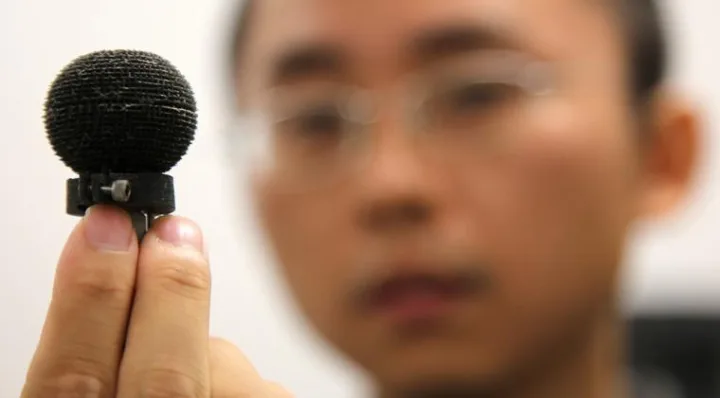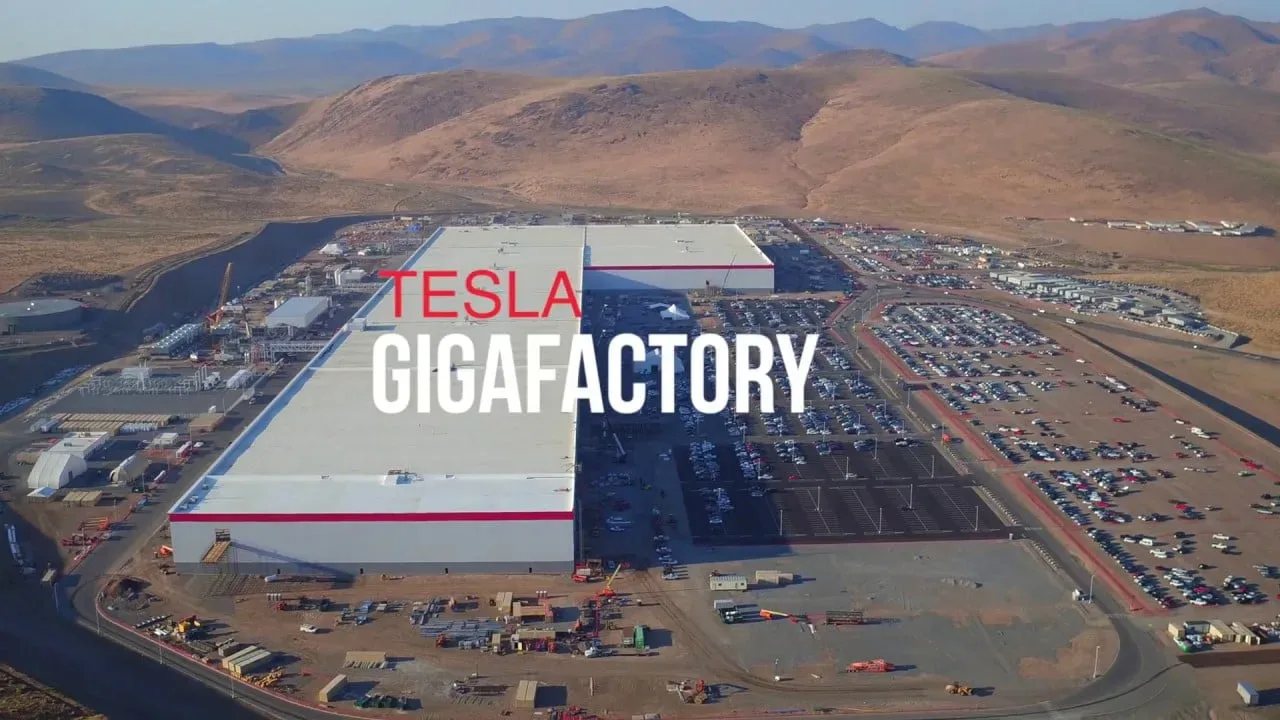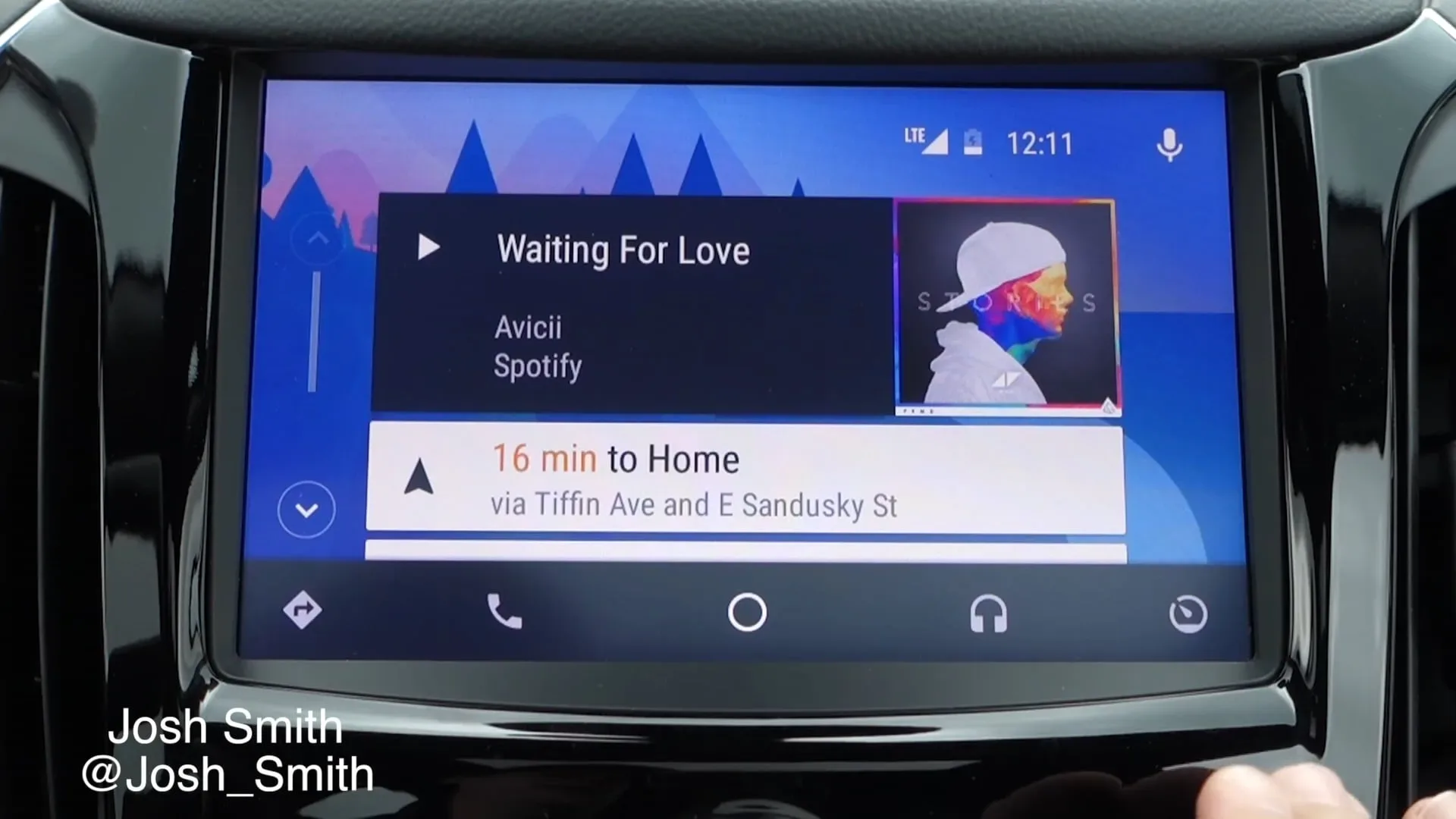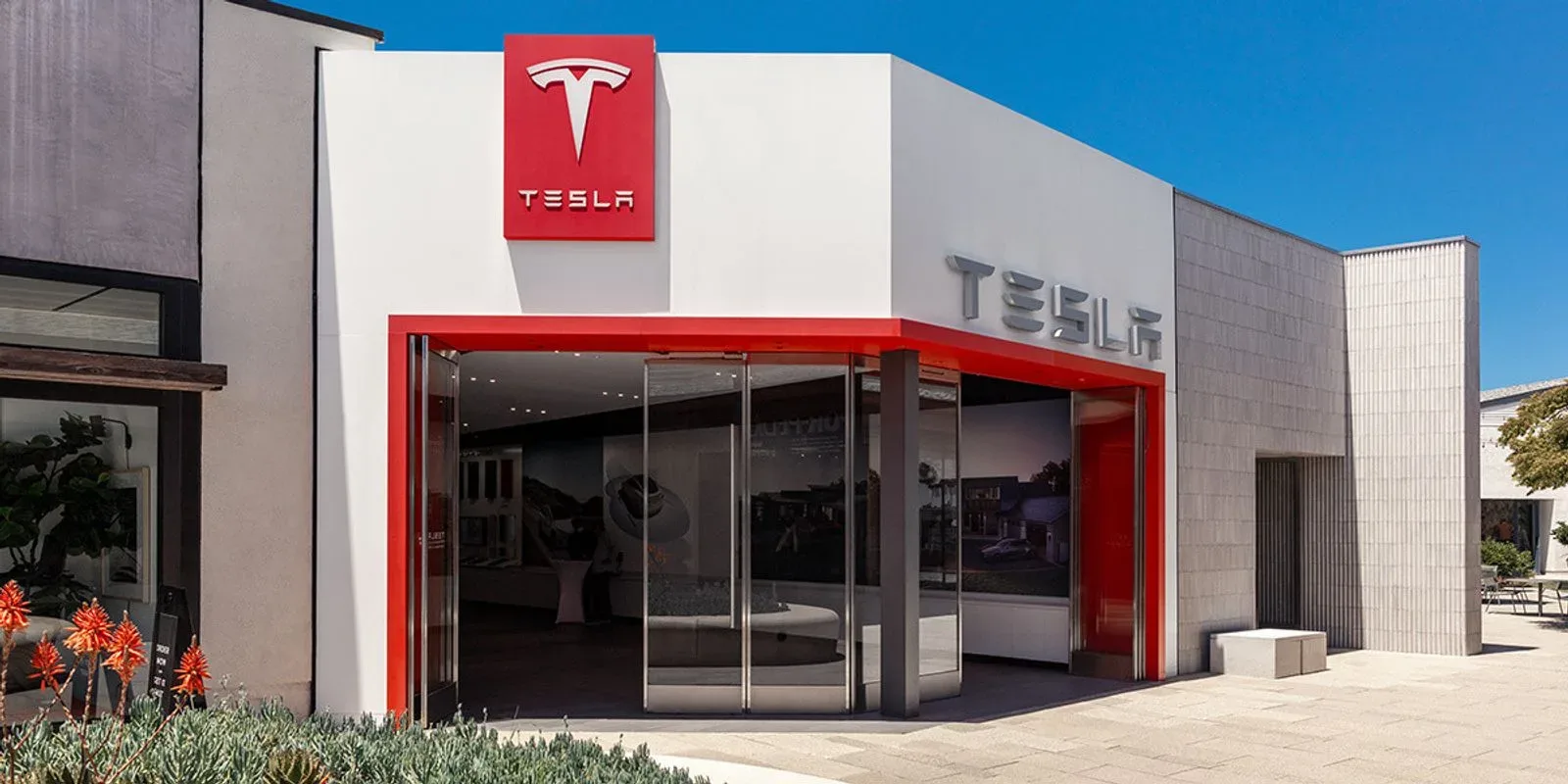Chinese internet giant Baidu and automobiles industry king BMW, along with other car hardware manufacturers, helped raise $5 million for autonomous car sensor startup Lunewave. The company’s target will be the autonomous car industry.
Lunewave’s product will be able to discover more objects in the broader field of view and from a more extended range compared to existing sensors, thanks to the Luneburg antenna’s special characteristics.
This funding will help Lunewave launch their autonomous sensor technology into the market. This unique radar technology is based on a 1940s Luneburg antenna infrastructure.
Lunewave builds its sensor technology on this old antenna theory in a unique and captivating way.
According to Lunewave’s Chief Executive John Xin, the company’s “spin the antenna” algorithm involves using 3D printers to print bigger and better antennas.
Since 3D printing technology has improved each year massively, Lunewave intends to capitalize it fully.
The company will 3D print much more powerful and robust antennas, having the capability to detect other objects at a more excellent range and with much more accuracy.
Lunewave pledges that their peripherals will outshine other car sensors currently available on the market.
The car sensor is built off Co-founder Hao Xin’s 9-year research during his time as a professor of electrical and computer engineering at University of Arizona.
His research revolved around using 3D printers to boost Luneburg antenna’s range.
Hao, after finishing his doctorate from MIT (Massachusetts Institute of Technology) in 2000, started working in the defense sector for companies like Raytheon and Rockwell Scientific.
So needless to say, Hao knows a thing or two about antennas, signals, radars, and, most of all, security.
Hao, along with his younger brother John worked tirelessly towards the project. John, with his entrepreneurial mind and Hao with his technical prowess, has created something genuinely groundbreaking.
Since day one Hao had a desire to commercialize his inventions. John said regarding his older brother,” He has a strong desire to commercialize his inventions. He wants to see it in everyday life.”
The only thing stopping the duo was a financial constraint. Since they have now acquired some pretty substantial financial backing, the team can theoretically produce over a thousand sensors in a day.
Current car sensors have a lot of limitations.
The team is primarily focusing on the autonomous car market since the current car sensors have a lot of shortcomings.
There are radar sensors that use electromagnetic pulses to detect objects, LIDAR technologies that shine lasers on a target, and calculate the reflected pulses.
Then there are camera sensors which, you guessed it, rely on cameras mapping out the scene around the car.
All of these mechanisms have raised millions of dollars in seed money, but each has its downsides.
Lunewave’s tech will provide a 360-degree field of view, which will be far superior to its competition.
Read Also: Audi enters the electric vehicle market to face off Tesla.
Reason for a better car sensor technology
Autonomous cars have made a lot of news recently due to the numerous amount of accidents they have caused. There have been a lot of reasons for this. Mainly, these car crashes have been due to cars not reacting in time to moving objects.
Hopefully, with Luneburg entering the market soon, these stats should go down significantly.







Share Your Thoughts